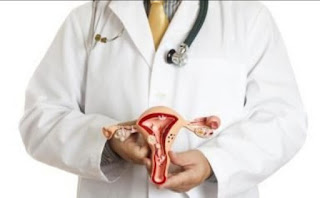Unveiling the Mystery: Understanding the Science Behind Acne
Acne isn't just a cosmetic concern; it's a complex interplay of biological processes happening beneath the surface of your skin. This guide delves into the science behind Acne Treatment In Dubai, empowering you to take control of your breakouts.
The Culprits Within:
- Sebaceous Glands: These tiny oil glands, normally helpful for keeping skin supple, go into overdrive in acne-prone individuals.
- Dead Skin Cells: The natural shedding process can go awry, causing dead cells to clump and clog pores.
- P. acnes Bacteria: While present on everyone's skin, an overgrowth of this bacteria can trigger inflammation.
- Hormonal Fluctuations: Androgens, hormones that increase during puberty and adulthood, can stimulate oil production and worsen acne.
The Breakout Breakdown:
- Excess Oil Production: Sebaceous glands become overactive, producing too much sebum.
- Clogged Pores: Dead skin cells and sebum form a plug within the pore, creating a whitehead.
- Blackhead Formation: If the plug opens to the surface, the sebum oxidizes and turns black, creating a blackhead.
- Bacterial Invasion: P. acnes bacteria thrive in the clogged pores, triggering inflammation.
- Papules, Pustules, Nodules, and Cysts: Depending on the severity of inflammation, acne can progress to papules (red bumps), pustules (white pus-filled bumps), nodules (deeper, painful lesions), or cysts (large, pus-filled sacs).
Understanding Your Triggers:
While the basic science applies to everyone, identifying your individual triggers is key:
- Genetics: If your parents had acne, you're more likely to experience it too.
- Hormonal Changes: Puberty, menstrual cycles, and even certain medications can influence hormone levels and worsen acne.
- Diet: While research is ongoing, some studies suggest a link between high-glycemic foods and dairy with acne breakouts.
- Stress: Chronic stress can trigger hormonal changes that exacerbate acne.
Remember:
Acne is not a reflection of hygiene. It's a complex skin condition with underlying scientific causes.
By understanding the science behind acne, you can make informed decisions about treatment options and lifestyle changes. However, consulting a dermatologist is crucial for a personalized diagnosis and treatment plan. This guide empowers you with knowledge, but a dermatologist remains your ultimate resource for conquering acne.



Comments
Post a Comment